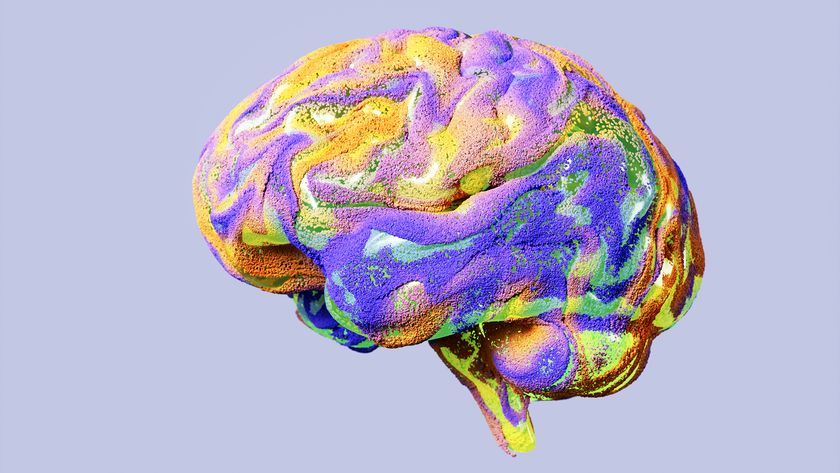Why Being Touched Can Inflame Emotions

It's clear touch and emotion can be closely tied: The brush of a hand can provoke excitement, comfort or repulsion — all depending on who's delivering the touch and when.
But new research indicates the emotional connection shows up early as the brain processes a social touch.
Using brain scans to monitor responses from heterosexual men, a team of researchers watched how the men responded when they believed their legs had been given a sensual caress from an attractive woman versus a masculine man.
They found that a region in the brain, the primary somatosensory cortex, which was thought to only respond to physical touch, responded more the "female" touch than to the "male" touch.
This difference was not the result of the actual touch; the caress itself was always delivered by women in all cases. The men, who were lying in function magnetic resonance imaging (fMRI) scanners were shown videos that led them to believe that one of their legs had been touched by a man or a woman. (fMRI scanners detect changes in blood flow in the brain.)
The men also reported that the perceived female touch was pleasurable, while they wished to avoid the perceived male touch.
"We demonstrated for the first time that the primary somatosensory cortex — the brain region encoding basic touch properties such as how rough or smooth an object is — also is sensitive to the social meaning of a touch," researcher Michael Spezio, a visiting associate at Caltech and an assistant professor of psychology at Scripps College, said in a statement. "It was generally thought that there are separate brain pathways for how we process the physical aspects of touch on the skin and for how we interpret that touch emotionally — that is, whether we feel it as pleasant, unpleasant, desired, or repulsive. Our study shows that, to the contrary, emotion is involved at the primary stages of social touch."
Sign up for the Live Science daily newsletter now
Get the world’s most fascinating discoveries delivered straight to your inbox.
The results indicated that the social perceptions associated with a touch alter our perception of the physical sensation.
"Nothing in our brain is truly objective," said Christian Keysers, a study researcher visiting Caltech from the University of Groningen in the Netherlands. "Our perception is deeply and pervasively shaped by how we feel about the things we perceive."
The results of the research were published online June 4 in the journal Proceedings of the National Academy of Sciences.
Follow LiveScience writer Wynne Parry on Twitter @Wynne_ParryorLiveScience @livescience . We're also on Facebook & Google+.












